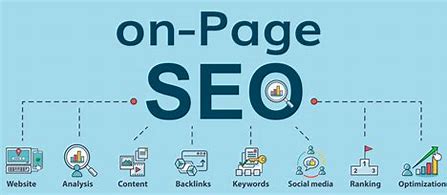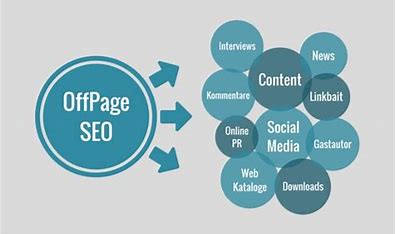5. Technical SEO:
Technical SEO refers to the optimization of the technical aspects and performance of your website or web page, such as site speed, mobile-friendliness, security, crawlability, indexability, etc. Technical SEO helps search engines access, crawl, index, and render your site efficiently and effectively.
6. User experience (UX):
User experience (UX) is the overall impression and satisfaction that users have when interacting with your website or web page. UX is influenced by factors such as design, usability, accessibility, functionality, etc. UX is important for SEO, as it affects the behavior and engagement of users on your site, and signals search engines about the quality and value of your site.
7. Analytics:
Analytics is the process of collecting, measuring, analyzing, and reporting the data and insights related to your website or web page, such as traffic, conversions, bounce rate, dwell time, etc. Analytics is crucial for SEO, as it helps you monitor, evaluate, and improve the performance and outcomes of your site, and identify the strengths and weaknesses of your SEO strategy.
8. Search engine algorithms:
Search engine algorithms are the complex and dynamic systems that search engines use to crawl, index, rank, and display the websites or web pages that are relevant to a user’s query. Search engine algorithms are constantly updated and refined to provide the best and most accurate results for users, and to prevent spam and manipulation. SEO practitioners need to keep up with the changes and trends of search engine algorithms, and adapt their SEO strategy accordingly.
9. Competition:
Competition is the level and intensity of rivalry that exists between your website or web page and other websites or web pages that target the same or similar keywords, audience, or niche. Competition is inevitable and challenging for SEO, as it determines the difficulty and feasibility of ranking high and achieving your goals. SEO practitioners need to conduct a thorough and regular competitive analysis, and identify the opportunities and threats of their SEO landscape.
10. SEO strategy:
SEO strategy is the comprehensive and long-term plan that guides and aligns your SEO actions and efforts with your business objectives and vision. SEO strategy is essential for SEO, as it helps you define your goals, target your audience, select your keywords, create your content, optimize your site, measure your results, and refine your SEO tactics. SEO strategy requires constant research, testing, and optimization, and should be flexible and adaptable to the changing needs and expectations of your users and search engines.




